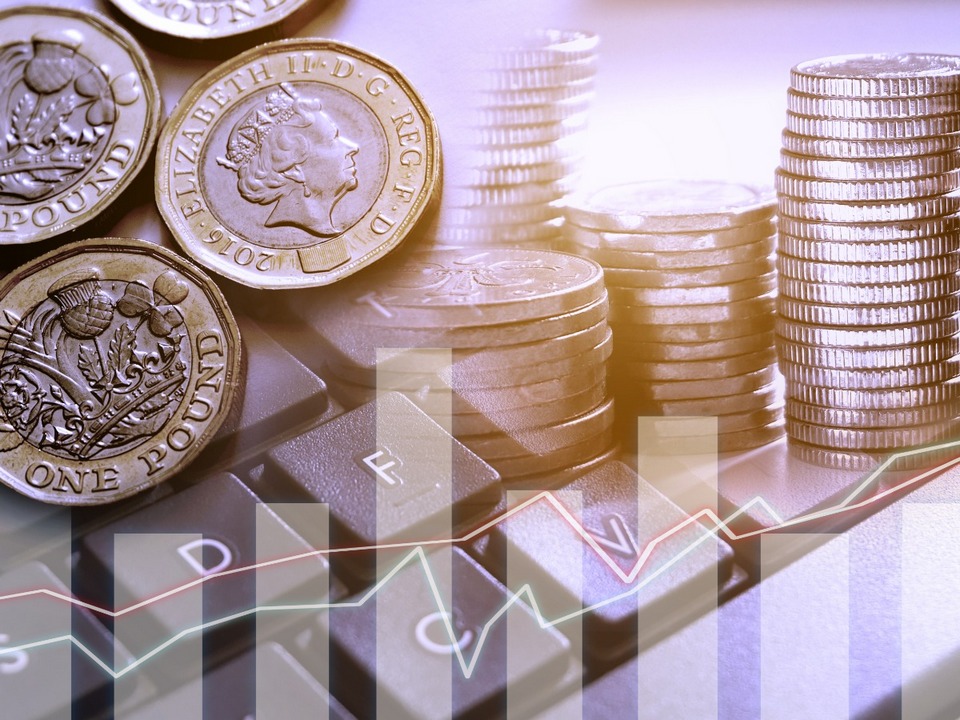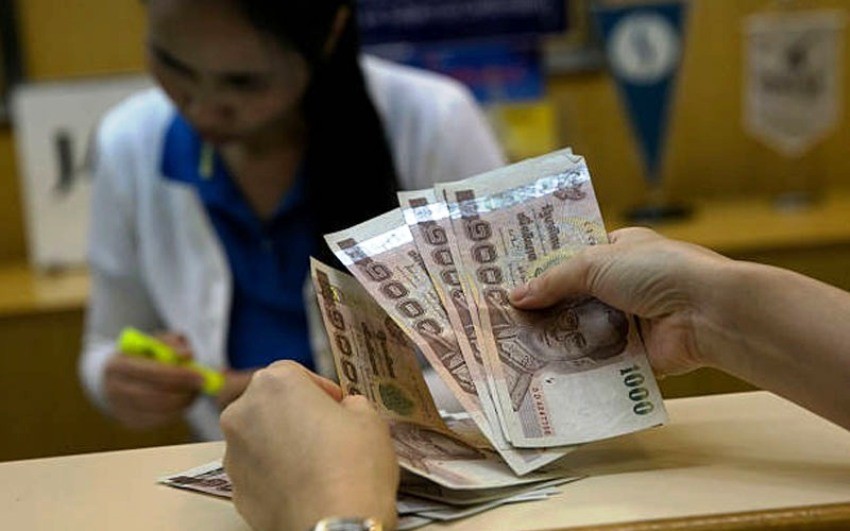
With the UK currency sailing merrily past the 43 baht ice barrier (latest rate 44.33), financial gurus from London’s currency speculators to Pattaya’s battered expats are wondering where it is all leading. Thailand’s English-speaking social media are alive with aspirations that the heady days of the 1990s are round the corner. On the day when Leonardo diCaprio’s movie Titanic struck the Bangkok cinemas in February 1998, the magic message boards in the foreign exchange shops showed one pound to be worth 93 baht. It’s been downhill ever since.
But the international financial wizkids have been terribly wrong in recent years. Following the unexpected Brexit vote in 2016, the pound began to blow off steam and then sink by the head. There was a low point of barely 36 baht and some international firms were predicting a parity rate with the US dollar. Incidentally, one pound is currently worth 1.40 of the US currency as president Biden struggles with higher-than-expected inflation and a slower-than-predicted economic recovery. Meanwhile Donald Trump, firing distress flares, scrambled aboard the last lifeboat and headed off towards the lights of a mystery ship on the horizon.

Doomscrolling about the pound proved very inaccurate indeed. The worst effects of Brexit were forestalled by the last-minute compromises with the European Union, whilst the pound’s emergence as a vaccine currency in the early months of 2021 gave Boris Johnson the opportunity to redecorate his flat. Since then, Britain’s economic recovery has surpassed most expectations as government restrictions have progressively been collapsed. Johnson has also been helped by the Labour party’s demise in the recent local elections. Sir Keir Starmer has taken on the role of Captain Lord of the Californian (which was in sight of the Titanic) who asked his deck officers what colours the distant rockets were before falling asleep again.
In Thailand the pronunciation of the stricken liner is Thaitanic. The sudden mass outbreak of the coronavirus virus, in a country initially thought to be immune so to speak, has eaten away at the foreign exchange reserves and turned the 8 billion US dollar current account surplus into a one billion plus deficit in a matter of months. Coupled with a weak manufacturing base in need of restructure and a poor start to mass immunization, Thailand has problems. The hope is that international tourists will return soon, but it’s not clear when in spite of all the chatter about Sandbox holidays for the vaccinated and upcoming travel bubbles with Chins and Japan.
So is the continued advance of the pound a good bet? Britain’s economic progress could be a matter of reverse engines and a lurch to starboard if the Indian virus-variant strikes really hard, whilst any more discussion about an independent Scotland would send waves of terror through the foreign exchange markets. The Thai baht, by contrast, has a long history of currency irony. For example, the baht has always risen after a military coup. On many occasions, the currency has been saved by happenings over the horizon or by good luck on the night. You can’t say that about the Titanic.





